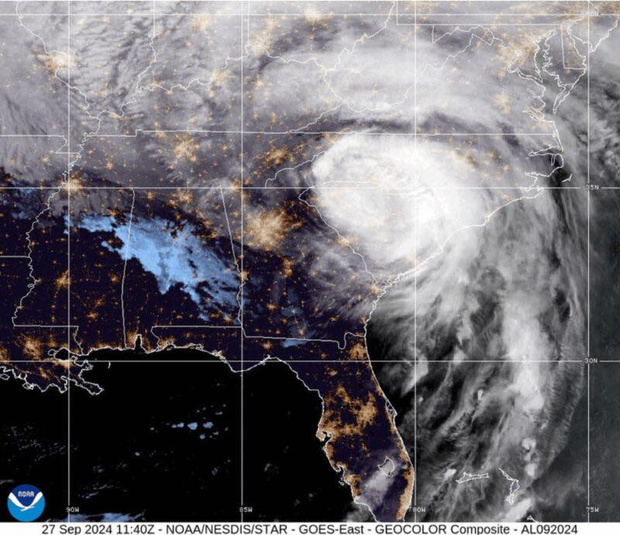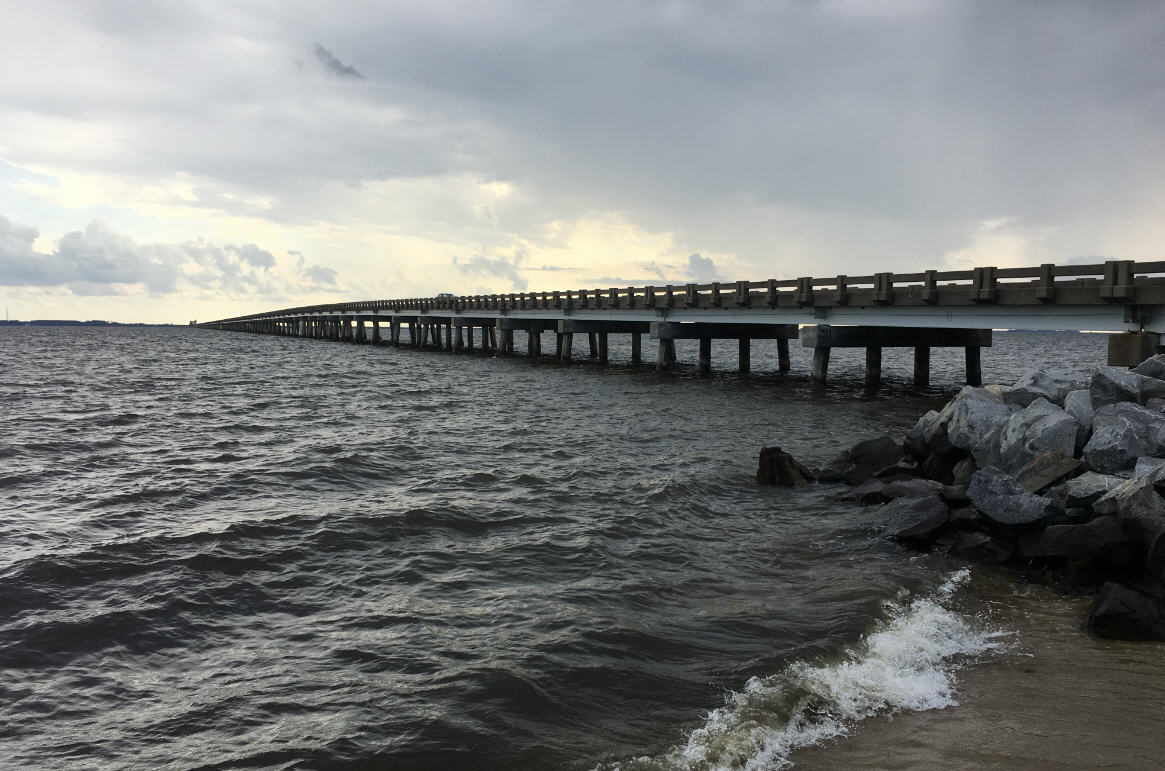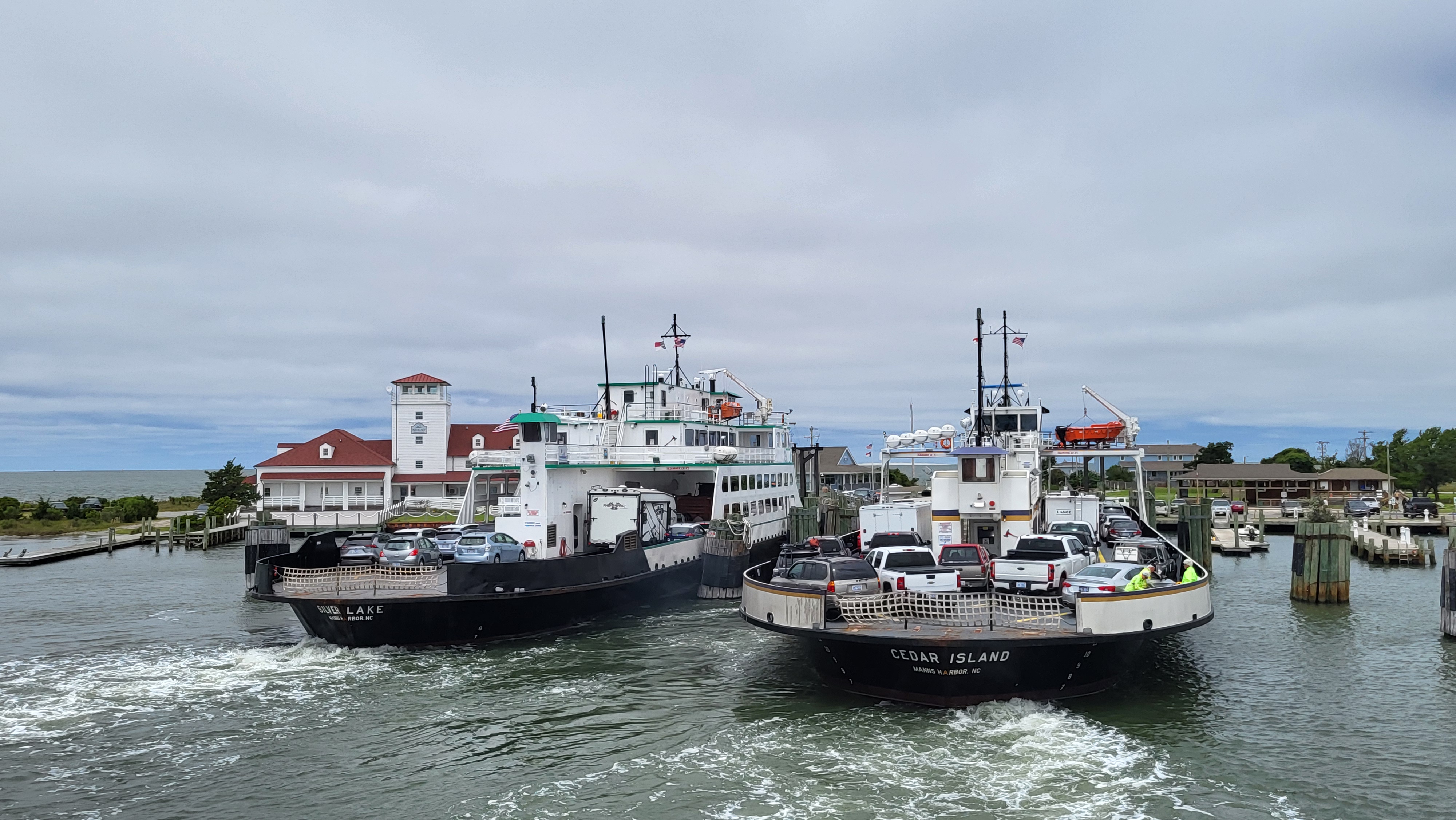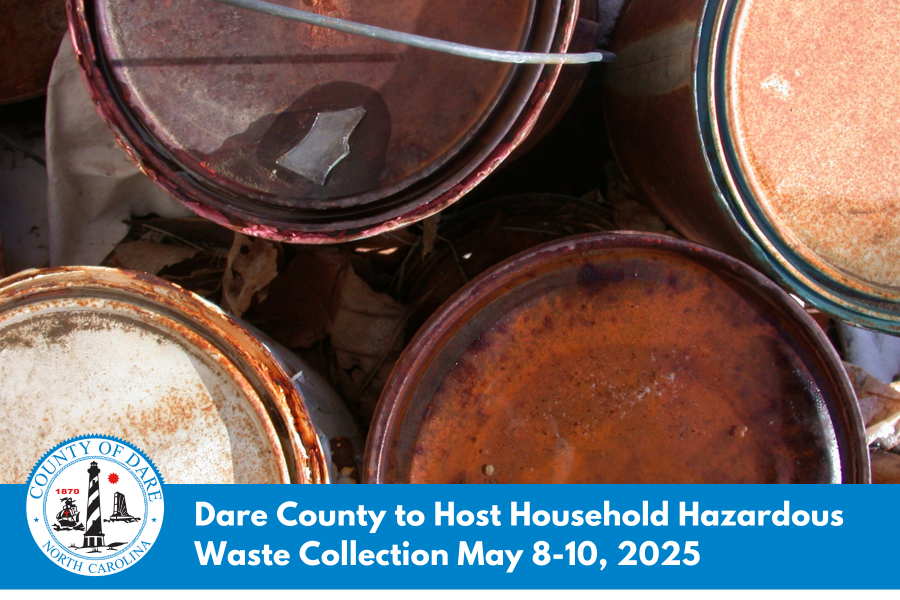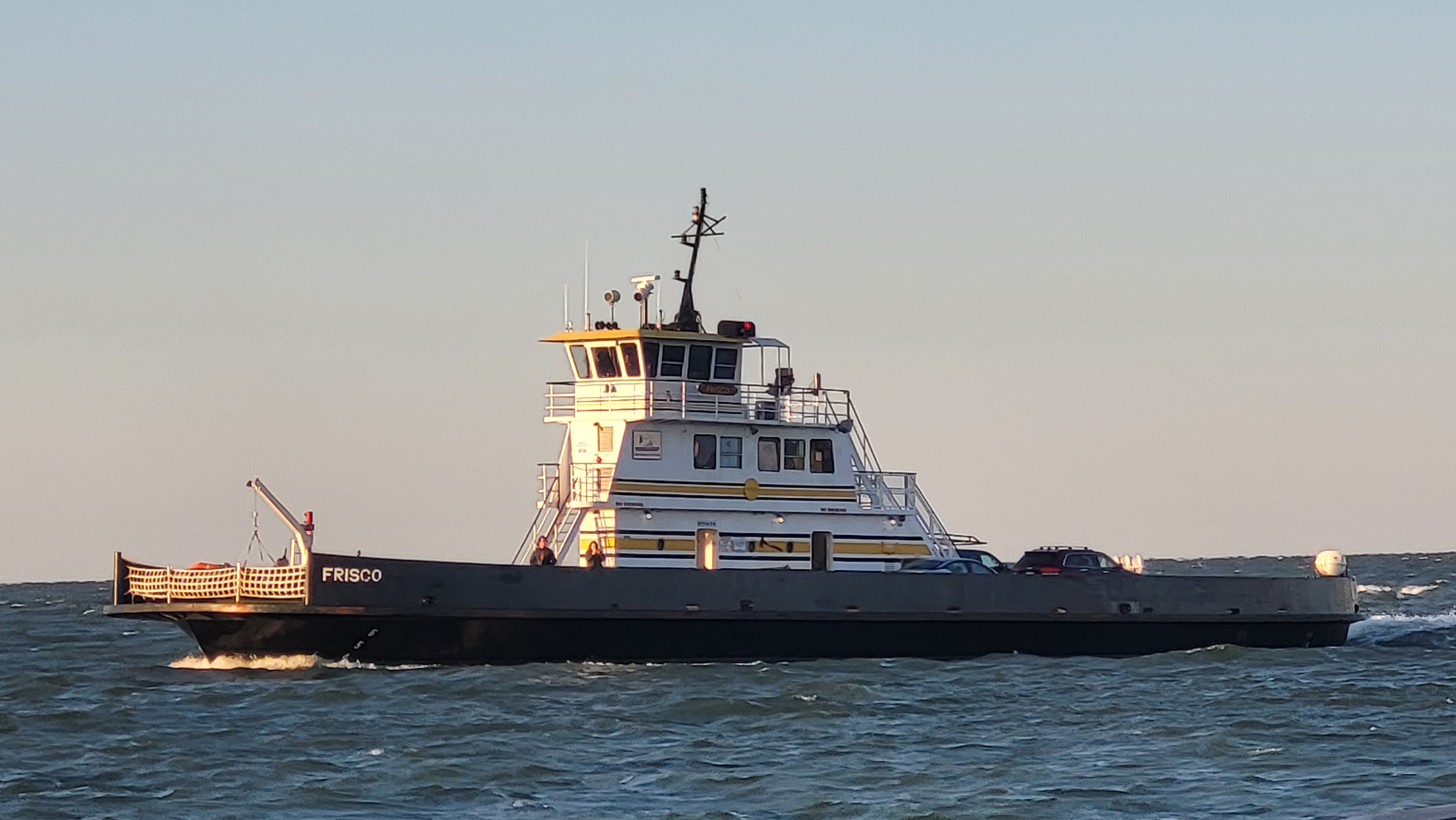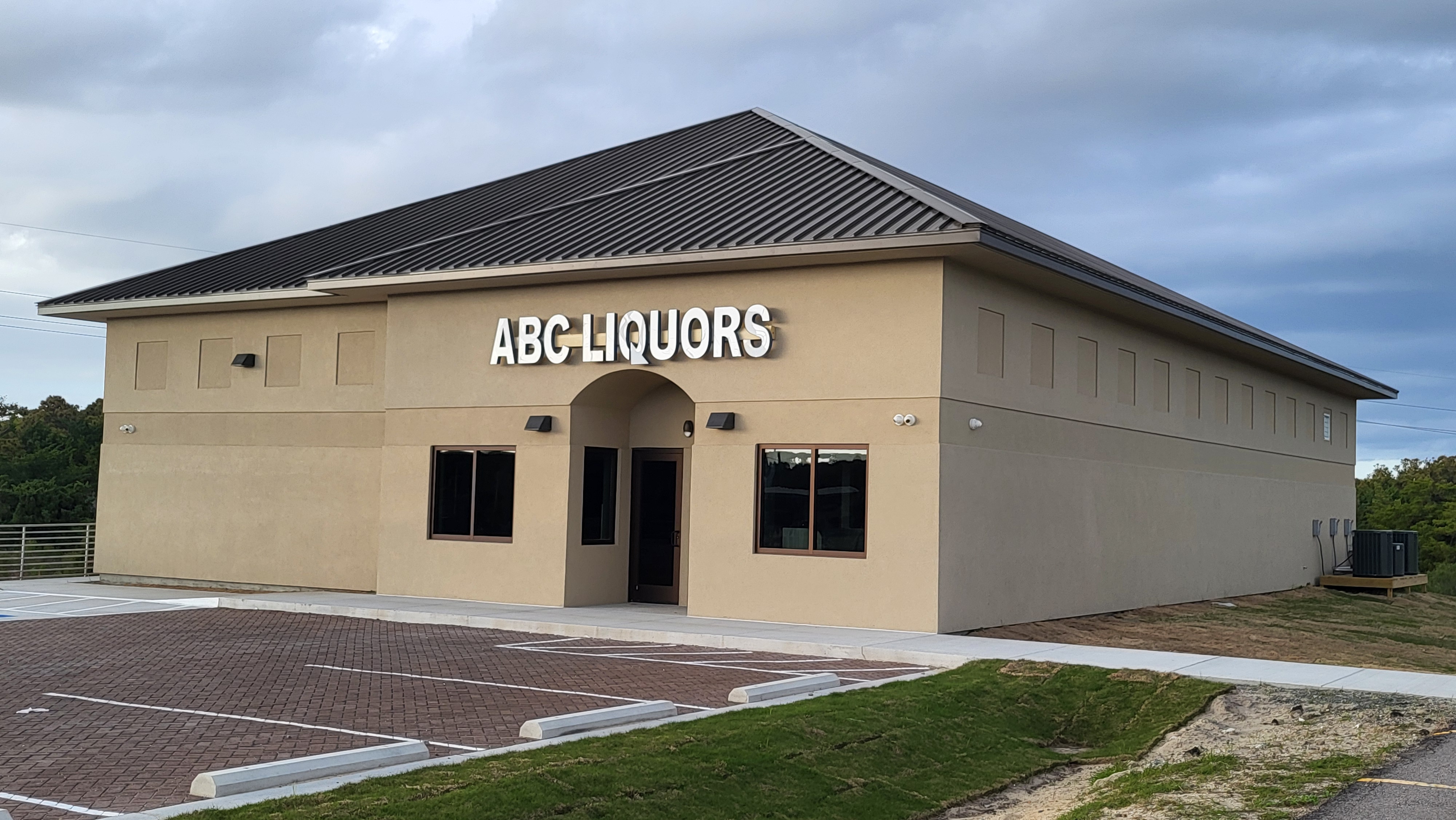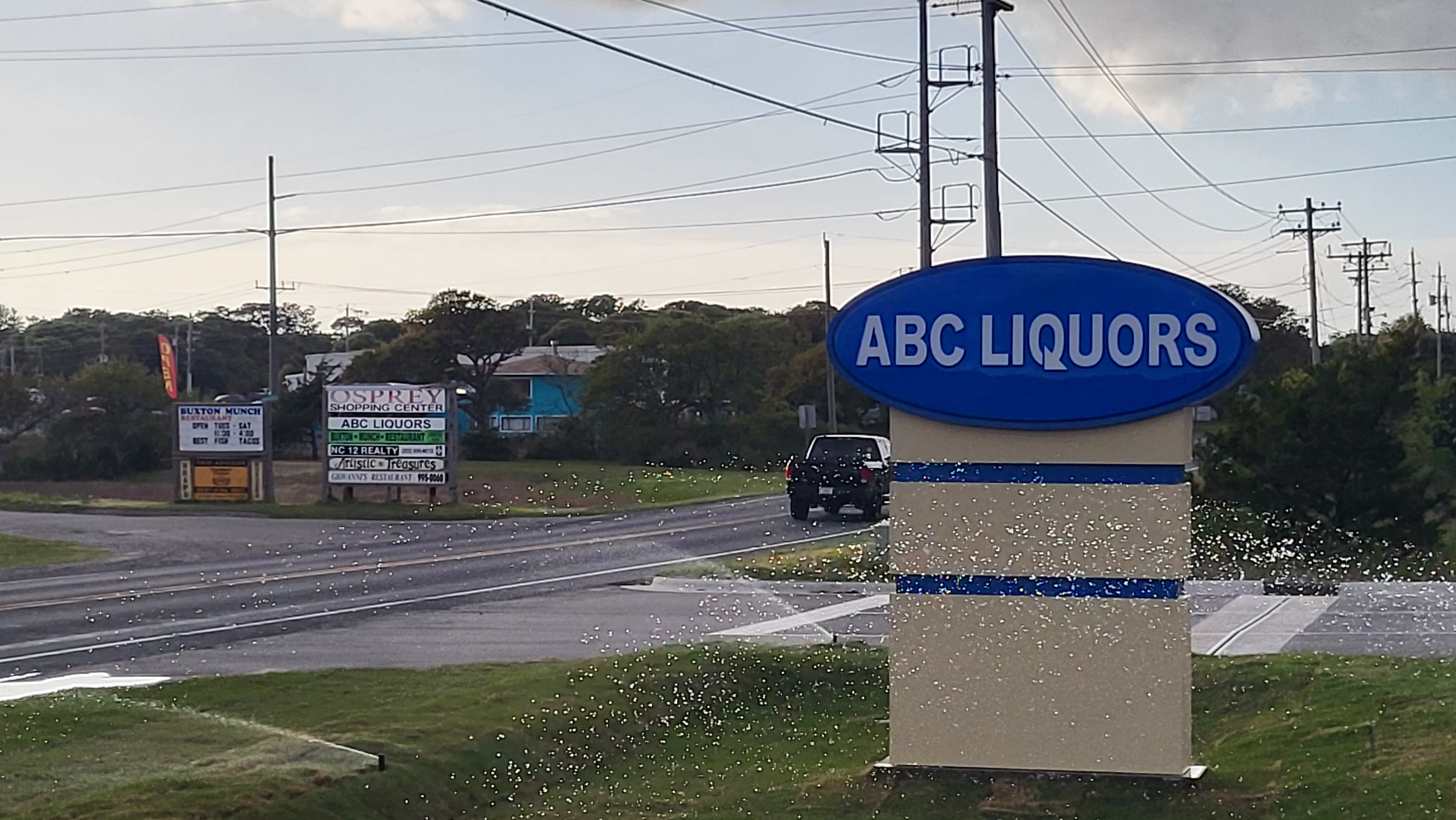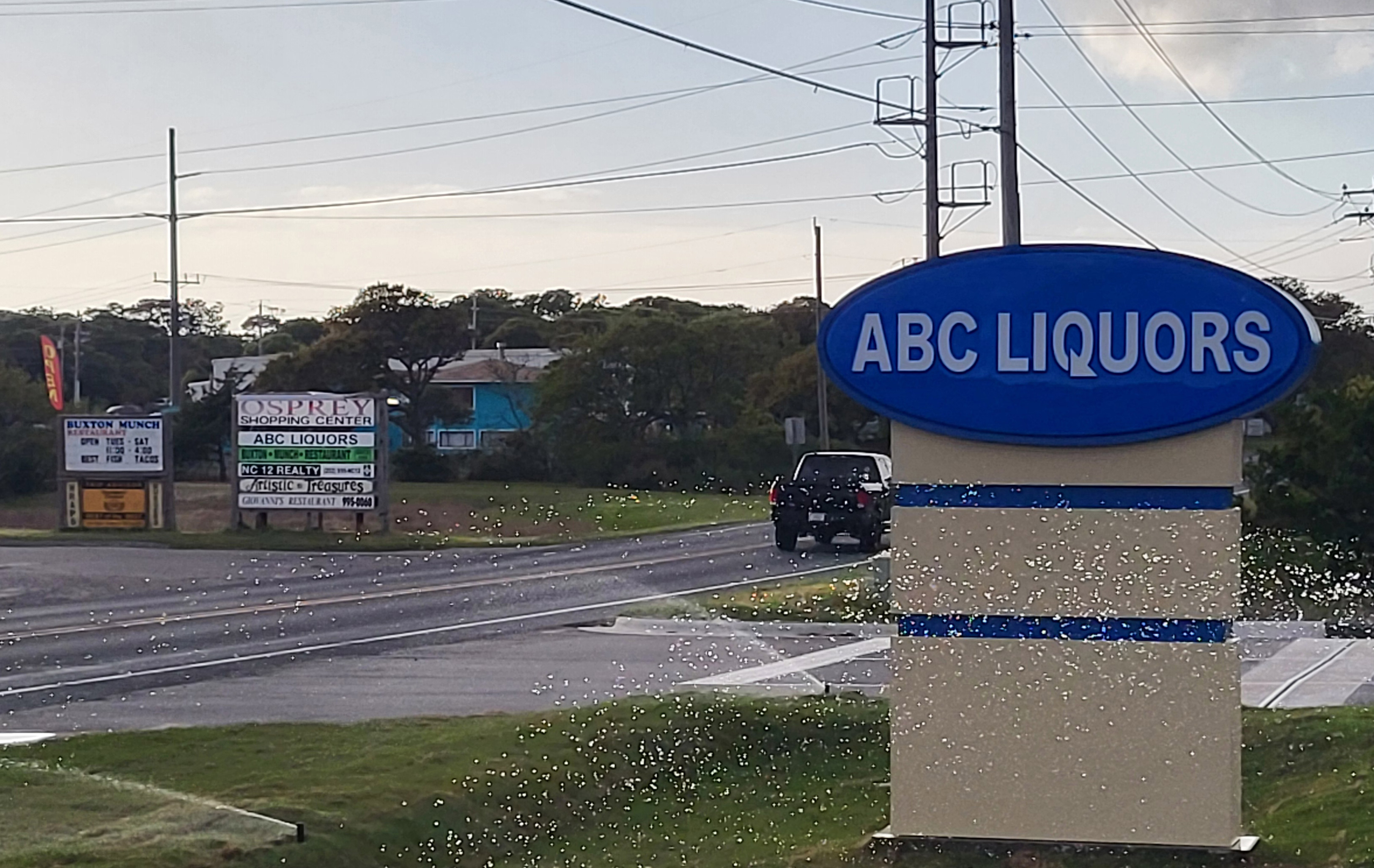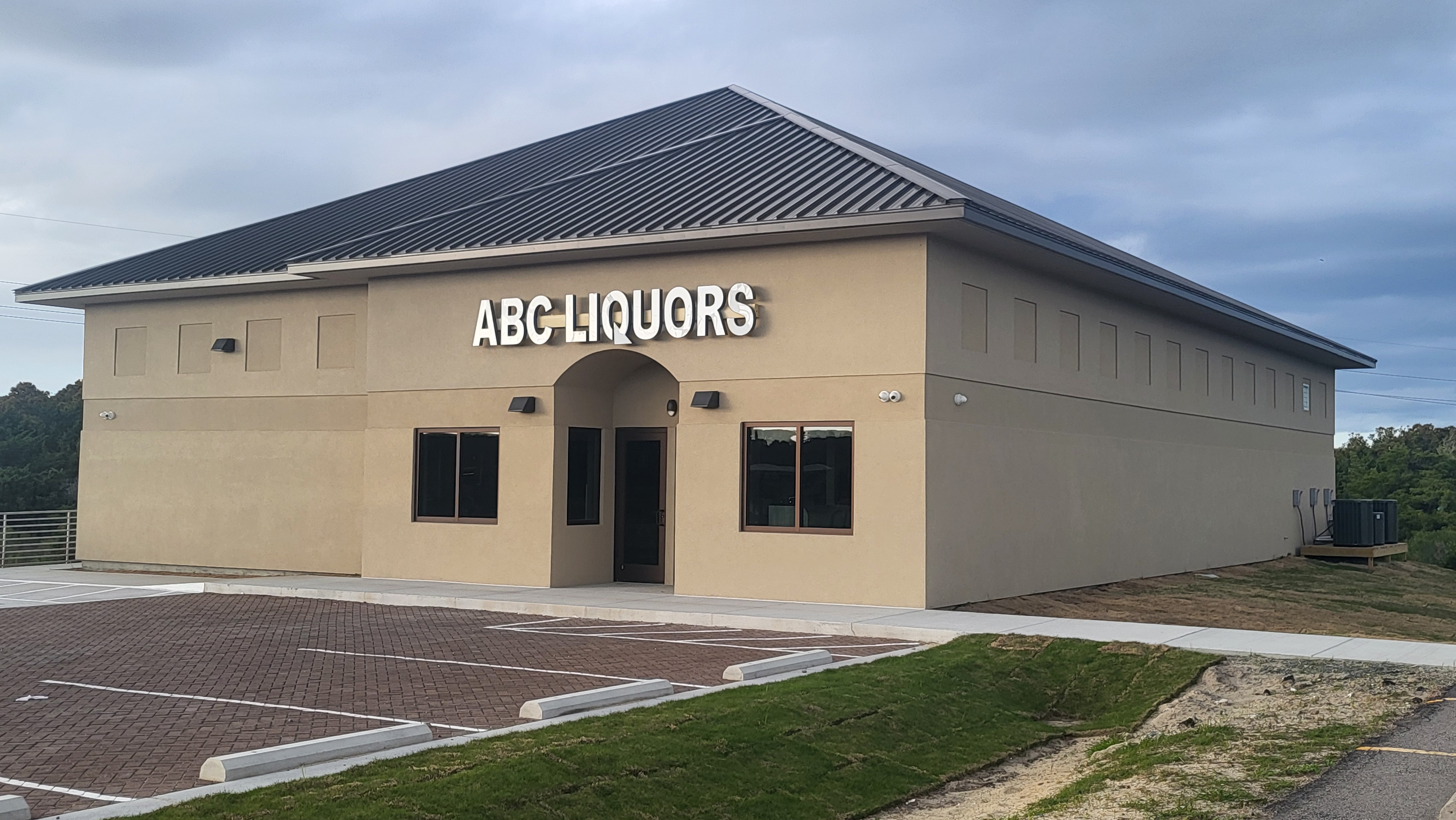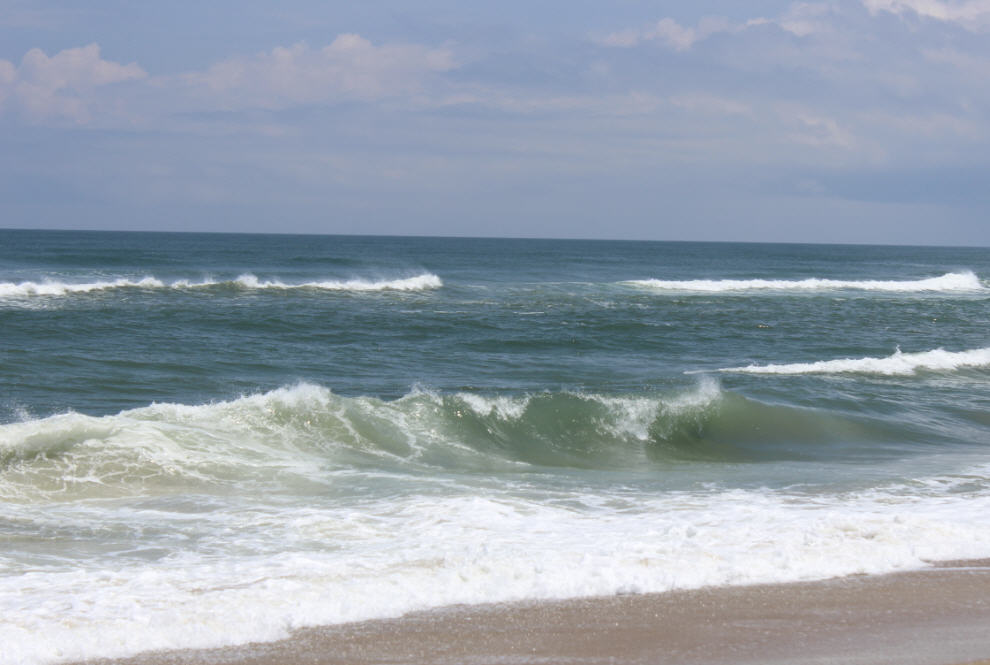At virtual forum, Dare commissioner candidates tackle housing, economy, fishing industry

The issues of affordable housing, economic development and supporting the commercial fishing industry took center stage during the Sept. 23 forum for the six candidates seeking four seats on the Dare County Board of Commissioners on Nov. 3.
The virtual debate, sponsored by the Dare County League of Women Voters (LWV) and Coastal Review Online, attracted roughly 80 attendees who tuned in via a Zoom webinar that included about a half dozen questions posed to candidates. Each candidate participated virtually, along with the LWV’s moderator Colleen Almoney and time keeper Lorelei DiBernardo.
Two of the commissioner races are contested. District 2 Republican incumbent Bob Woodard faces challenger Amanda Hooper Walters and District 3 Republican incumbent Steve House is competing against Democrat Kathy McCullough-Testa.
Running unopposed are District 1 Commissioner Wally Overman, a Republican, and District 4 Commissioner Danny House, a Democrat. Overman and Couch, while present for the forum, were not asked to respond to questions posed to the other candidates.
Referencing the current all-male board of commissioners, challengers McCullough-Testa and Hooper Walters asserted that diversity and inclusion were needed on the board during opening arguments. Incumbents Woodard and House focused primarily on the what they described as the achievements of their tenure, including their dedication to beach nourishment and the commissioners’ partnership in securing a dredge to keep the county’s inlets open.
One hot button issue that emerged during the forum was the lack of affordable housing and how each candidate would address the issue if elected. Incumbents Woodard and House both pointed to the partnership the board of commissioners has developed with UNC-Chapel Hill School of Government to research and identify property for that purpose in the county.
“We have taken the lead in doing this,” said Woodard, noting that commissioners have committed roughly $85,000 to the partnership with UNC to identify property for such housing. He noted that commissioners have also worked with the Outer Banks Chamber of Commerce on the issue.
“And I don’t like to use the word ‘affordable,’ so that’s the last time I’ll use it this evening. It’s ‘essential’ housing,” he said. “We have a piece of property in Manteo we are going to do something with, Bowsertown, that we are going to do something with hopefully very, very soon.”
For her part, Hooper Walters said that having public transportation in place was critical in addressing the housing crisis in the county, and also took issue with terms being used for needed housing.
“I think we have a little bit of a vocabulary issue going on,” she asserted after Woodard spoke.
“I think we need to differentiate between essential housing for employees, affordable housing for everyone and low-income housing, like at Bowsertown.”
McCullough-Testa said that while housing for the seasonal workforce was important, “We need places to live for those of us who live here year-round, that we can afford to live in. These tracts that we’re looking at are great if you want to have an apartment, but they sound like we’re segregating people…We should be able to live and work in our communities…You can say affordable, essential, workforce housing. Whatever you want to call it, we should all be able to live and work together.”
Community land trusts, low-income housing credits and the targeted zoning were some avenues McCullough-Testa offered as ways to move forward on the issue. All the candidates agreed that tax incentives should be explored to meet the housing needs in the county.
A two-part question posed to candidates related to how they would move toward diversifying Dare County’s economy beyond tourism. It also inquired whether they believed the tourism economy pays low wages — with all four candidates agreeing that it did.
In response to the question, Woodard said, “I can only say that we are what we are. We are a tourism-driven economy. It is essential that we protect our beaches with beach nourishment, and grow and make sure that our beaches, and our economy is very, very strong to get our visitors in here.”
Woodard said commissioners have worked with the Chamber of Commerce and other stakeholders regarding how the local economy could be expanded. “Unfortunately, we don’t have a whole lot of options there,” he said. “We don’t have infrastructure, we don’t have lands, the facilities to be able to bring in large manufacturing or industrial. But we are looking at that.”
For his part, House said that creating an economic development office is being considered at the county level, however budget constraints related to the COVID-19 pandemic prevented commissioners from moving forward with it in the current budget year.
“We’ve got to fix our housing situation before we can expand a whole lot more in our economy. That’s the cornerstone and that’s what we’ve been looking at,” he acknowledged. “We’ve got to fix that before we can move forward.”
House also said he’d like to encourage rod and reel and radar companies to open a research and development office in the county that would bring higher paying jobs.
Hooper Walters interjected at that point, noting, “We are incredibly stringent on our itinerant merchants, and so I find it hard to say we’re doing everything we can, because we are not,” she said, adding that Dare County is the only county in the state that does not allow open air markets for local fishermen.
“To allow a fish, a hook and line fish, to be sold would be more productive economically than bringing the rod reel company into the county,” she said.
On the topic of supporting the local fishing industry, Woodard said the county has taken a huge step in developing a public-private partnership to build a $15 million dredge to keep Dare County’s inlets open. The dredge is expected to be ready in about 20 months.
“We have got to get this done so that we can get our commercial trawlers in and out of our inlets,” Woodard said. “We’re hopeful that once this occurs…we can get those catch numbers that are going to our neighbors in Virginia.”
For his part, House said he reinstated the Dare County Commission for Working Watermen during his tenure. The commission is charged with being the watchdog when it comes to regulations in that industry. “It also looks at the ways we can help promote the industry, especially here in Dare County,” House said.
McCullough-Testa said that clean water is a key component to protecting and supporting the local fishing industry, as well as open air markets and bringing in industries to support it. “It is part of our heritage, and it needs to be part of our present and it needs to be part of our future. So, we do definitely need to focus on it.”
The candidates were also asked how they would protect the rights of Dare County stakeholders who are not year-round residents, an issue that heated up when non-resident homeowners were not initially allowed access to the county during the COVID-19 shutdown.
Woodard defended the move by the Dare County Control Group in March to restrict non-residents property owners from the county. But he also said the group is “no longer the ‘control’ group, I don’t like using that word.”
“We took proactive action…because we had no idea how bad this was going to be,” he continued. And it worked, it paid off for us.” But because of litigation that resulted from that decision, “We have chosen to treat non-resident property owners the same as we treat residents…we have chosen to treat non-resident property owners the same as we treat residents moving forward.”
For her part, Hooper Walters said she thinks the control group acted prudently in closing the bridges. “I think you guys did the right thing and I think it would have been an incredibly difficult decision to make,” she said. “All I could say is that I might have been a little bit quicker to the draw. When it comes to our responsibility to take care of our residents or non-resident property owners, our responsibility is their public safety.”





